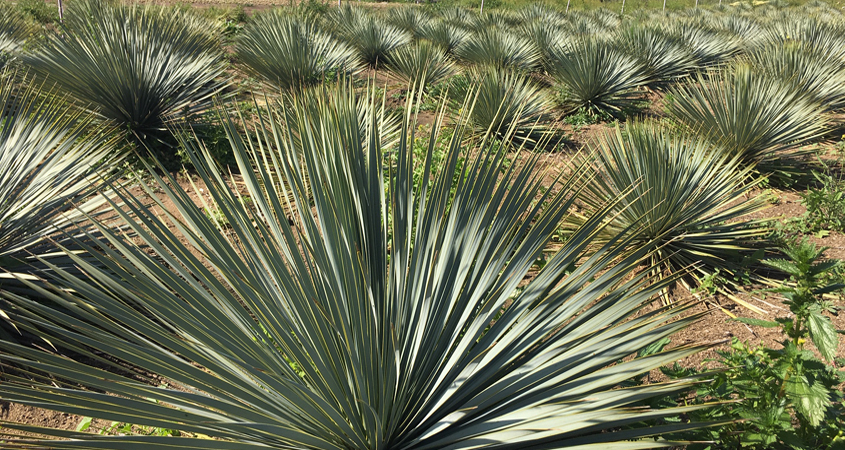The Fallbrook Public Utility District will offer residents in its service area free low-water or drought-tolerant plants beginning July 1. The district will give qualified residents vouchers redeemable for plants at Silverthorn Ranch Nursery in Fallbrook, which produces plants using recycled water.
“Customers will go through an application process and qualified applicants will receive free plants to install in their landscape,” said Mick Cothran, Fallbrook Public Utility District engineering technician. “We want to encourage and help our customers replace turf with plants that don’t require a lot of water, and show them drought tolerant plants can be beautiful additions to their landscaping.”
The San Diego County Water Authority and its member agencies have encouraged homeowners to implement sustainable landscaping through free ‘WaterSmart’ landscaping classes, and through a variety of rebate programs.
Online application for plant vouchers posted starting July 1

A list of the plants being offered through Fallbrook’s program is included on its website. Choices include plants like this Beaked Yucca (Yucca rostrata). Photo: Fallbrook Public Utility District
An online application will be posted on the FPUD website starting July 1, and submissions will be processed on a first-come, first served basis. Applicants will also be required to submit two photos of the area(s) to be planted, and a basic plan or sketch of the project.
Sustainable landscaping
A list of the plants being offered through FPUD’s program is included on its website. Choices range from five-gallon Dragon trees (Dracaena draco) and Beaked Yucca (Yucca rostrata) to Mini Elephant’s Food (Portulacaria afra ‘Mini’), Silver Dollar Jade (Crassula arborescens), and small succulents including assorted aloe, aeonium, and echeveria.
San Diego County residents have embraced sustainable landscaping practices as a result of increased attention to water conservation, due in part to recurring periods of drought over the past thirty years.
The FPUD program is made possible with grant funding provided by two Metropolitan Water District of Southern California grants through the Water Authority.




